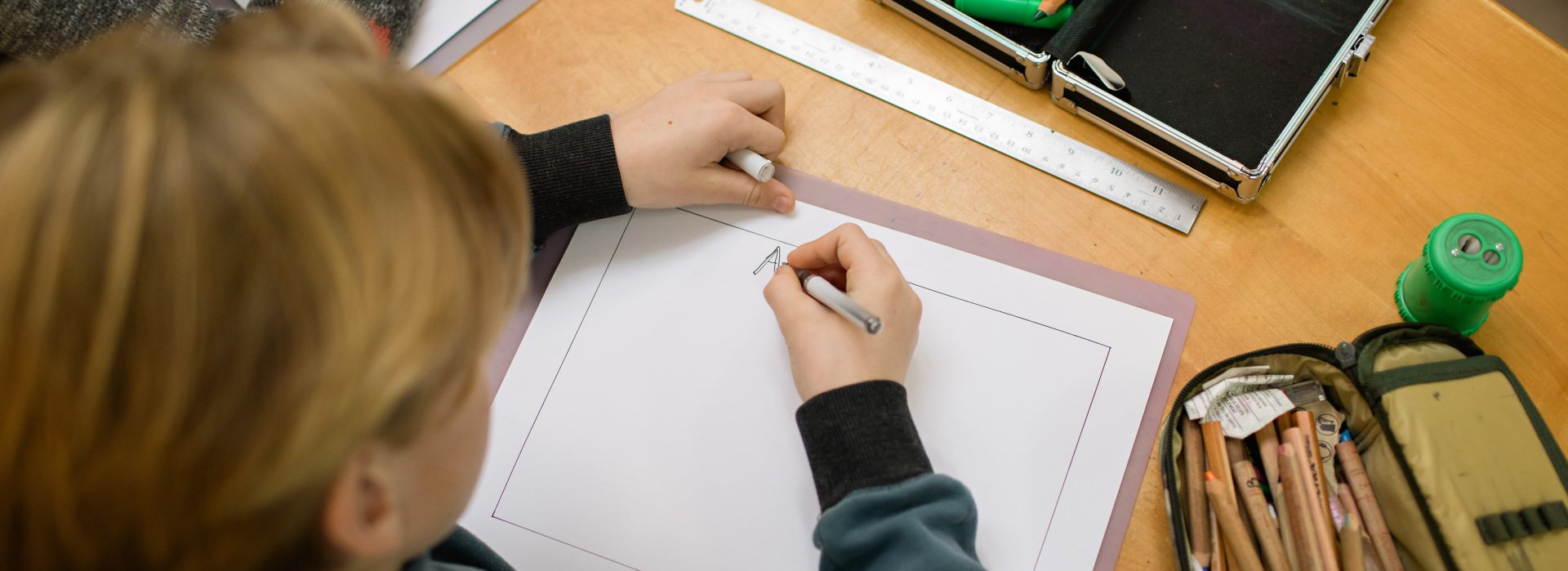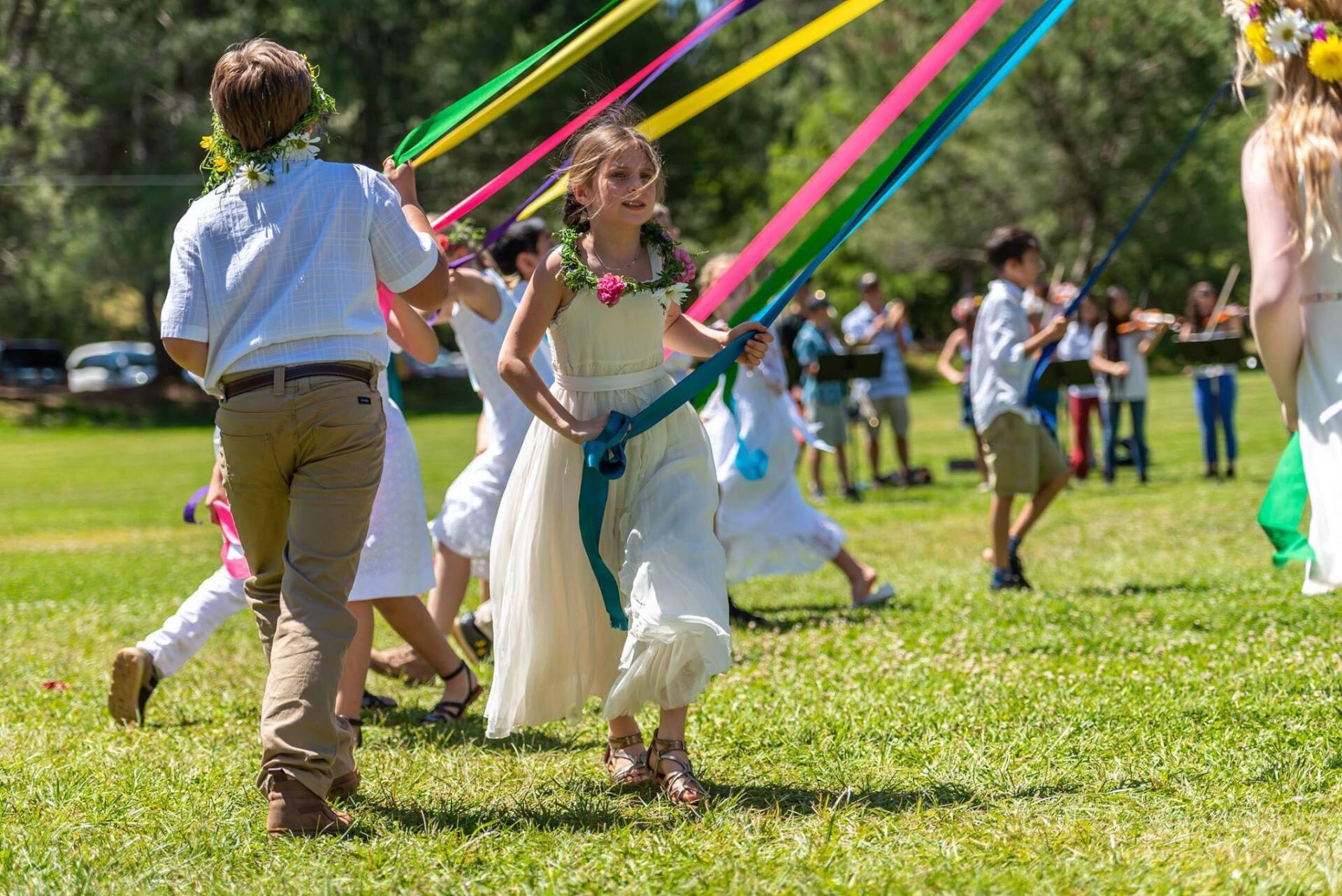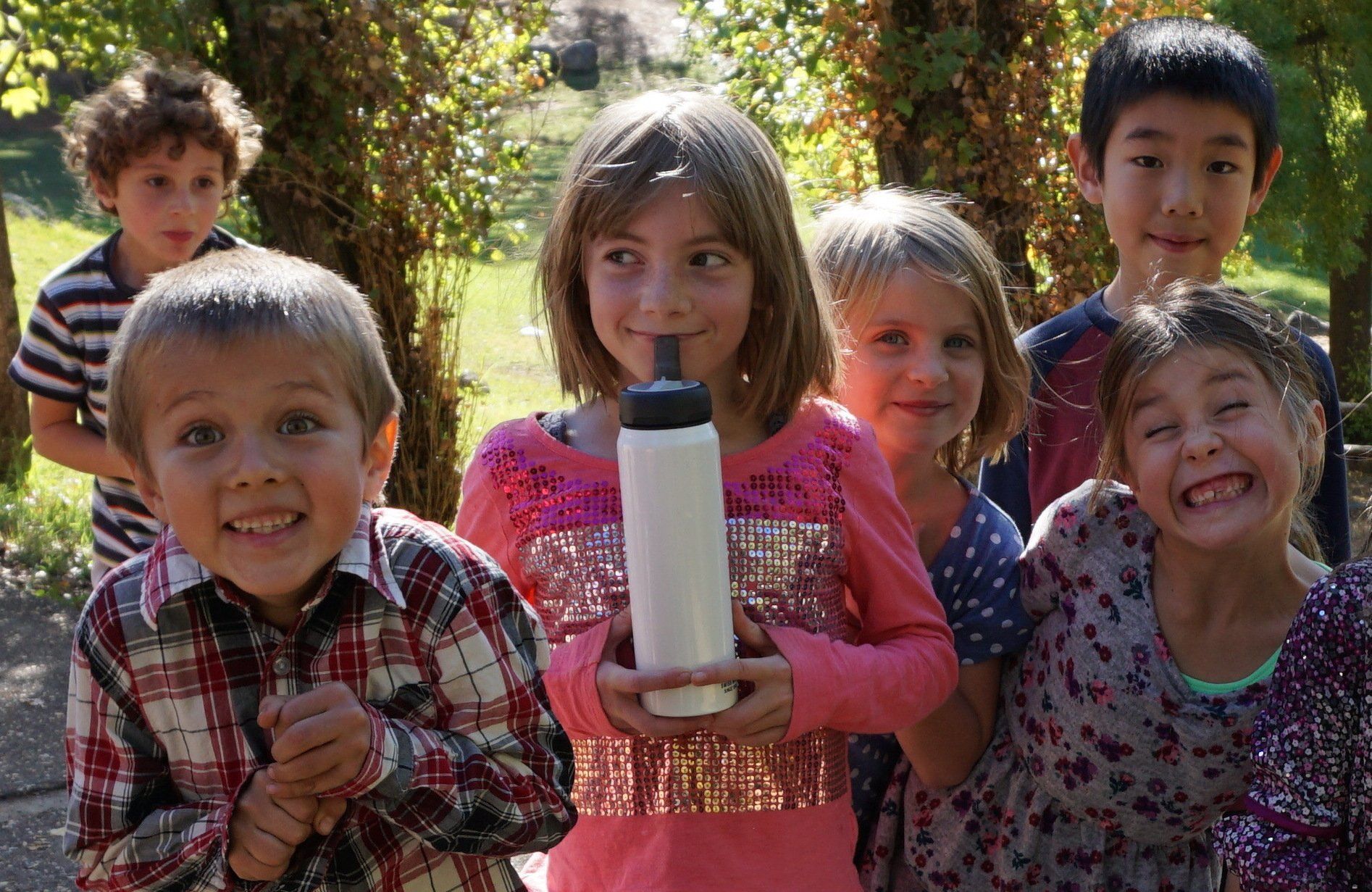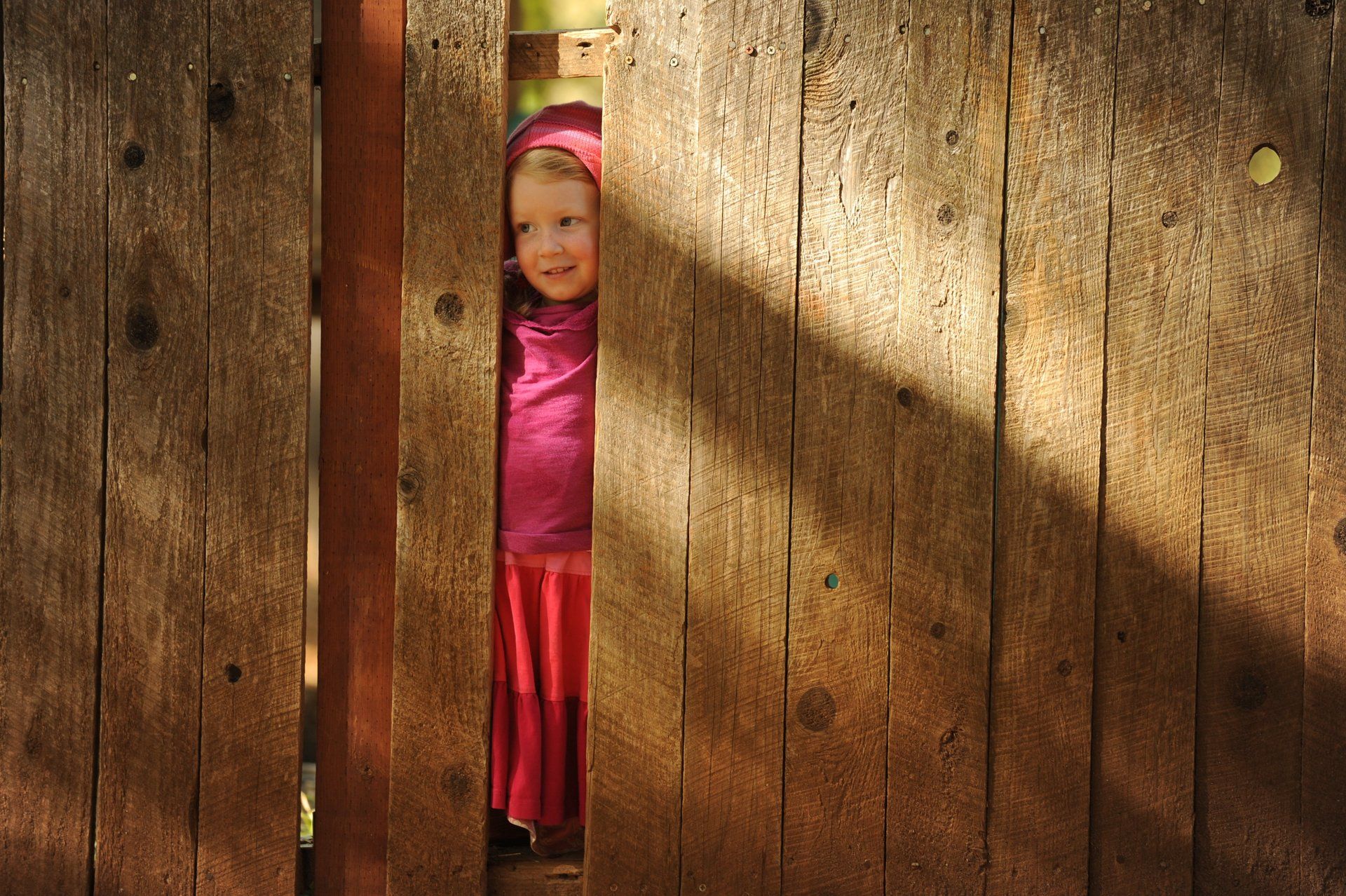Blog Post
What does Melancholic mean in Waldorf schools?
Rev Bowen • Nov 09, 2020
The Melancholic by Rev Bowen

The melancholic is winter; it is earth; it is mineral. Where sanguine is light and airy, melancholic is heavy, deep, cooler, more reserved. The melancholic temperament does not jump into action, it observes and considers; it contemplates. They rarely speak, but when they do their words reveal a profound consciousness (in the mature melancholic). This temperament will not create the great leader of action, or the social balm, or even the steady-as-she-goes reliable worker. This is the temperament of the wizard or sage, those who often retreat from the world to work on something in private. If this temperament does make any friends, it is only with one or two people and those friendships are deep and all-important. Worst case scenario, these friendships are entanglements of codependent behaviors and emotions.
When the melancholic temperament remains immature, it has the tendency to fall into morose depression. It feels, deeply, the difficulties of life on earth. It notes the hardships and the pain. It sees every imperfection and mourns it. While immature, the melancholic falls into a pit of self-pity and inactivity. "Why do anything when everything is so difficult and imperfect and we are just going to die anyway?" Unfortunately, this is how the melancholic temperament is epitomized. It is too easy to stereotype the immature version.
The mature version is so important to understand and achieve however. Rudolf Steiner said that it is the most important temperament for the parent and for the teacher to cultivate and mature, because when it is mature, it turns from self-pity to compassion for others. Yes, it understands the difficulties and pains, and so it can relate to others who are struggling--and we ask children/students to struggle a lot. Or, we should be doing so. Learning is often a struggle. If we remain in our comfort zones, we learn very little. So, learning and growing is often difficult. It can bring one to the point of giving up. The mature melancholic parent/teacher can understand this and help that individual work through it with compassion. When mature and balanced with other temperaments, the melancholic is not the hermit who retreats from society, rarely willing to share its wisdom, it is instead the wise counselor, it is the healer. It brings its gifts for deep considerations and shares them with others who often need a new perspective and/or understanding.
It is easy to see how the sanguine needs the melancholic for balance and how the melancholic needs the sanguine. Without each other, each becomes a parody of extreme stereotypical actions, and the gifts of each would be lost or minimized.
Share
Tweet
Share
Mail

By Rev Bowen
•
16 Jan, 2021
What happens when we hear a story? If our inner wills are strong, if our feeling life is flexible and rich, then we engage in a very important "thinking" activity: we imagine. This is not the same as fantasy or whimsical fancy. This is not mere creativity. Nor is this the same as intellectualizing. Thinking is not the means to simply acquire knowledge.

By Rev Bowen
•
20 Dec, 2020
For the young person, this mystery can be overwhelming. If we do not endeavor to help young people learn about their feelings and how the feeling life works, then we leave them like rudderless rafts on a rising river. Teachers and parents can help children learn how to affect their feelings so that they can strive toward equilibrium when they need to do so. This starts at the very beginning.
To Learn More, Contact Us:
Thank you for contacting us.
We will get back to you as soon as possible.
We will get back to you as soon as possible.
Oops, there was an error sending your message.
Please try again later.
Please try again later.
Contact Info




This site is not a part of the Facebook website or Facebook Inc. Additionally, this site is NOT endorsed by Facebook in any way. FACEBOOK is a trademark of FACEBOOK, Inc.










